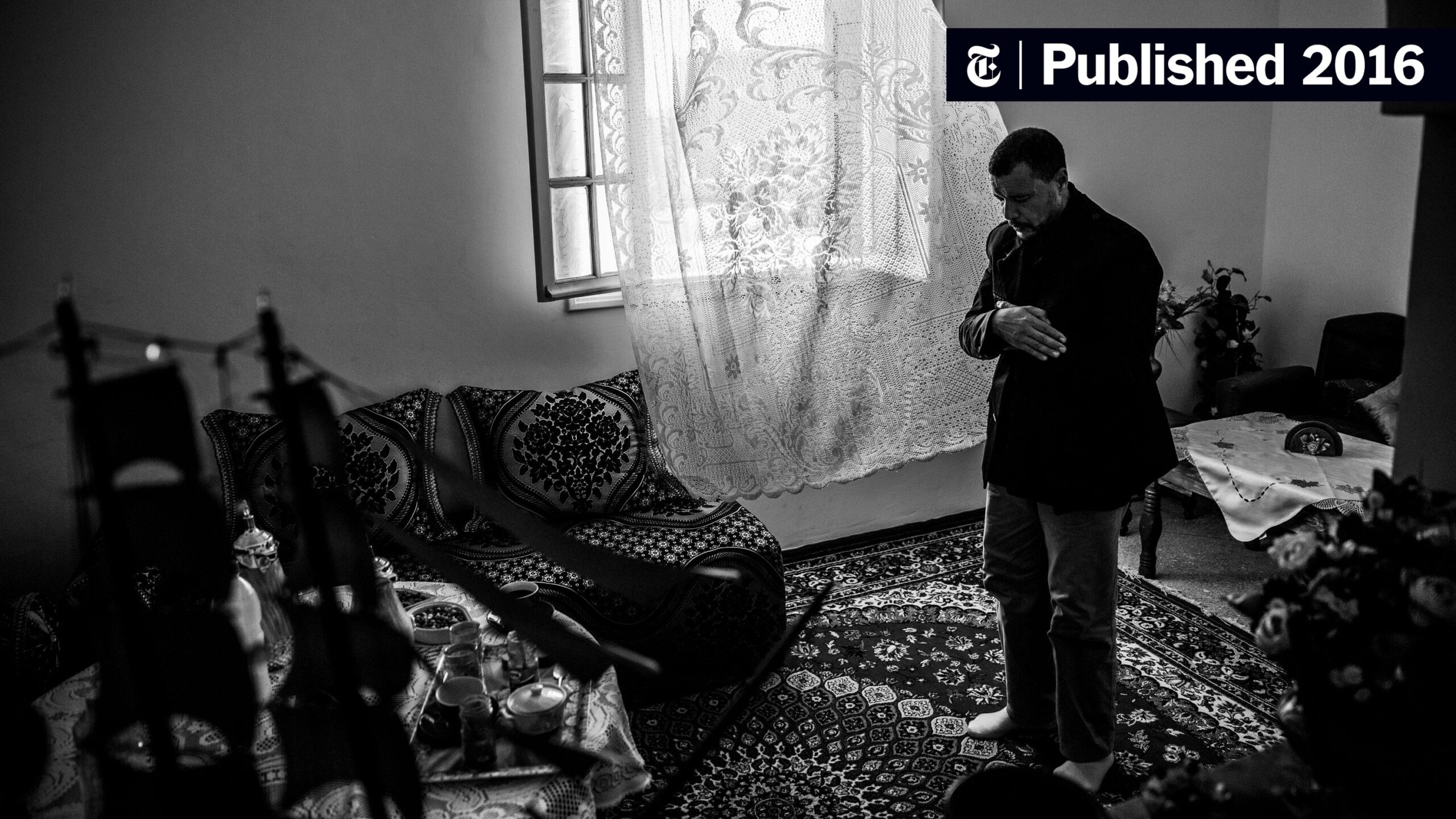The Bahá’í teachings provide a profound lens through which the abhorrent practice of torture can be scrutinized. At its core, Bahá’í doctrine emphasizes the sanctity of human life and the fundamental unity of all people. This perspective frames a critical examination of the moral and ethical ramifications of torture, encouraging followers to foster a culture of compassion and understanding rather than one of violence and oppression. The following outlines the Bahá’í view of torture and its implications for civilized society.
First and foremost, it is crucial to delineate what constitutes torture. Torture encompasses various forms of cruel, inhumane, and degrading treatment intended to inflict severe physical or psychological harm. It is a disturbing phenomenon that transcends cultural and national boundaries, permeating various contexts from political detentions to individual acts of domestic violence. The Bahá’í teachings categorically condemn such acts, viewing them as a profound violation of the innate dignity endowed to every human being by the Divine.
To contextualize the Bahá’í stance on torture, one must first explore the principles of the oneness of humanity and justice. According to Bahá’í texts, every individual is created in the image of God, possessing inherent nobility and capacity for growth. This belief engenders a moral imperative to uphold the rights and dignity of all individuals. Torture not only undermines this principle but also perpetuates cycles of hate and discord, contravening the Bahá’í emphasis on fostering unity and reconciliation within the global community.
Moreover, one must consider the psychological ramifications associated with the act of torturing others. The Bahá’í perspective acknowledges that the perpetration of torture not only inflicts damage upon the victim but also degrades the torturer’s moral standing. Engaging in such brutal acts can lead to a desensitization to violence, adversely affecting societal norms and values. This cyclical dehumanization renders both the victim and perpetrator trapped in a destructive continuum that is antithetical to the essence of Bahá’í teachings, which advocate for the elevation and refinement of human character.
Furthermore, the Bahá’í teachings encourage individuals to cultivate virtues such as compassion, empathy, and understanding. These virtues operate as antidotes to the impulse toward violence. When individuals nurture these attributes, they are less likely to inflict harm upon others. The teaching calls upon humanity to transcend mere tolerance and aspire to a genuine attachment and love for one another, emphasizing that the relationships between individuals must be rooted in understanding, not coercion.
In the examination of socio-political contexts where torture is prevalent, Bahá’í principles offer a roadmap for reform. For instance, the exhortation for justice and equity dictates that societies should strive to construct frameworks that respect human rights and promote healing rather than vengeance. Implementing restorative justice mechanisms can provide avenues for reconciliation that eschew punitive measures, focusing instead on rehabilitation and restoration of community bonds. In doing so, these societies align more closely with the Bahá’í vision of a world characterized by peace and mutual respect.
Additionally, the teachings delineate the importance of education as a vital instrument in combating the normalization of torture. Education, according to Bahá’í philosophy, fosters an informed citizenry capable of discerning right from wrong. By instilling values of empathy and ethical reasoning from a young age, societies can gradually dismantle the ideologies that justify torture. Universal education about human rights, coupled with a commitment to teach the interconnectedness of humanity, functions as a bulwark against the prevalence of torture.
Furthermore, the Bahá’í community advocates for the engagement of governmental and non-governmental organizations in the crusade against torture. Collaboration among diverse groups—including religious factions, humanitarian agencies, and civil rights organizations—can lead to a unified stance against human rights violations. Such joint efforts can amplify the call for accountability and ensure that perpetrators are brought to justice. The Bahá’í teachings reaffirm the necessity of collective action, promoting global citizenship as pivotal to addressing and eradicating violence and torture.
In conclusion, the Bahá’í perspective on torture is deeply rooted in its fundamental principles of the oneness of humanity, justice, and the pursuit of peace. It establishes a clear ethical framework that denounces all forms of cruelty and advocates for the inherent dignity of each individual. The teachings urge humanity to adopt compassion and empathy, thus fostering a culture that eschews torture in all its manifestations. By understanding these profound principles, followers of Bahá’í can work to dismantle the systems of oppression that exit in our world, paving the way for a future where the sanctity of human life is revered, and the horrors of torture are relegated to the annals of history.
